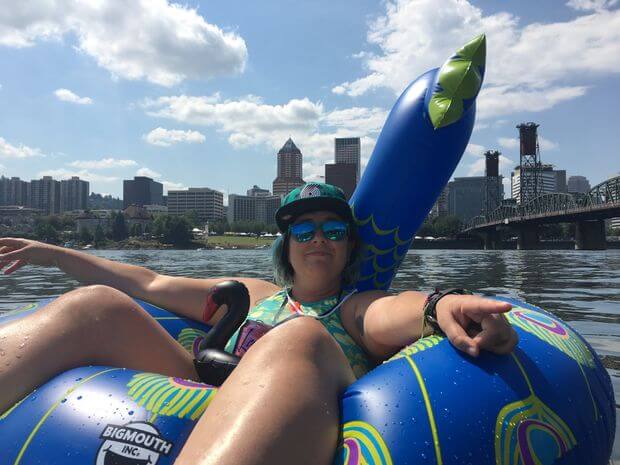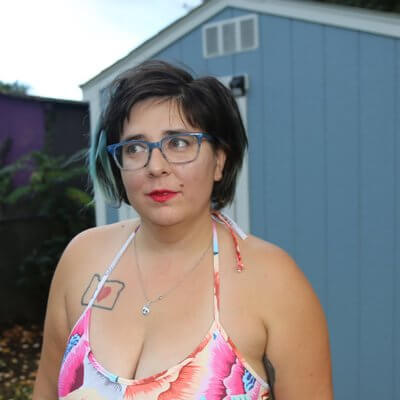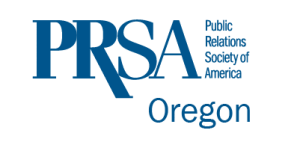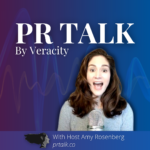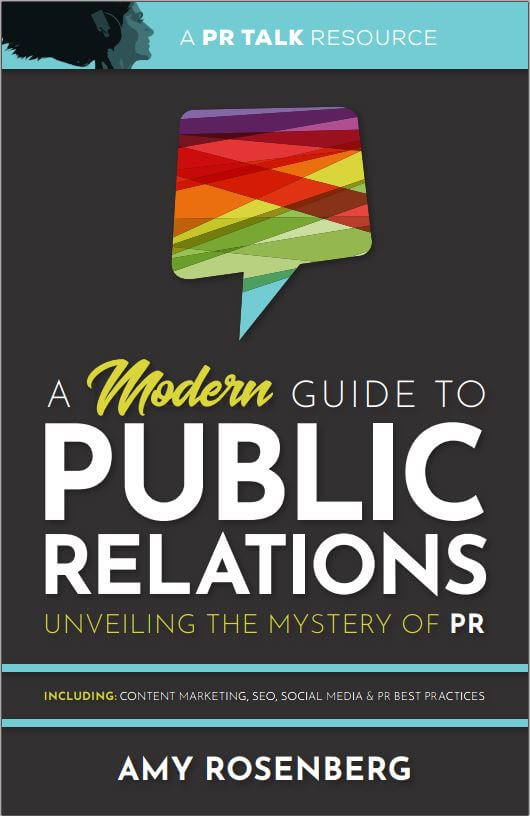The trending team must hold strong value among the ranks of a publication that branded itself as “digital first” after shocking long-term subscribers by slashing its daily home delivery options in 2013. This new approach for the Oregonian requires a different kind of writing that can be quickly measured by clicks, shares and comments — pointing to a reporter’s effective or ineffective writing.
Website news writing versus traditional news writing
Reporters traditionally plunge into their reporting, coming up for air sometimes months or years later with meaningful stories impacting many people. However, these long-lead stories might not attract a ton of page-views which seem to come from quick writing that is often related to what’s going on right this instant. What’s different about Lizzy’s role is that she’s directly tasked with writing for her audience as well as telling the news. This approach has many traditional reporters aghast. But Lizzy doesn’t believe that considering her audience before setting forth is “selling out.” She attempts to continually build her audience, a good thing for the Oregonian who is in the business of attracting eyeballs to content.
While all of her posts end up on OregonLive, a select few make it into the paper. She loves this, saying “its cool to see your name in the paper.” Sometimes the only way she knows her words graced the dinosaur pages is how her audience connects, getting more phone calls and emails from readers as opposed to the usual online comments.
Dead seriousness mixed with slapstick fun
Admitting that she’s been accused of writing “click bate,” Lizzy loves that she gets to write about important and serious topics, along with that of the goofier variety. Writing with a different tone than most journalists, who are tasked with telling the facts and only the facts, Lizzy attempts to infuse a more casual voice into her writing, leaving room for more personality and freedom. For example, embarking on something new for seven days in a row — dancing, water activities and more.
But it’s not always fun and games. Lizzy also confronts race and racism head-on for OregonLive. She was first to tell us about the confederate flag found hanging across from the black cultural center near Oregon State University. She continuously lists the reports of bias incidents that have occurred since the election, adding to it each month to capture what is actually happening. “It seems different [since the election],” she states before rhetorically asking “Is it different?”
Combining journalism with creative writing
Truth be told, Lizzy didn’t want to be a journalist because she couldn’t stand being assigned boring stories. Typical millennial? Maybe not. Lizzy pursued her MFA in fiction writing at San Francisco State University, coming out of that experience with an actual published book!
“Monster Party,” mostly set in Oregon, is a fictitious collection of short stories about “being a girl, relationships, sex in a non-sexy way and trying to be a human being,” she describes. After grad school she also pumped out a zine, which is a funny word for what “could be anything,” called “Half Life,” which is “even less thinly veiled fiction,” confiding that it’s “basically true stories.”
You can reach out to Lizzy to get copies of either book here.
Creating her own opportunities
After grad school, Lizzy found herself answering phones in the membership department of KQED, which is “like OBP but for northern California.” Lizzy offers a bit of advice for newbies: “If you can work at a place that’s doing something you like even if it’s not doing the job you wanted, it’s a good place to start.”
She was eventually handed the management of KQED’s entire Facebook account. “They thought you’re a young person, you can manage the Facebook,” she jokes. But I’m sure that having written a book didn’t hurt. For an entire year she was operating two full-time jobs until the membership duties were taken off her plate.
Lizzy thought KQED’s constant conversation about tapping into a millennial audience was funny because they had a millennial right in front of them. She proposed they create a first-ever pop culture blog. The station agreed to let her lead the charge alongside her KQED work-husband.
SEO hacks take notice: while at KQED Lizzy wrote two posts that continue to rank among the top page views in the history of the website — We Had So Much Fun while You Were at Burning Man and 11 Steps to Getting a Tattoo You Won’t Regret for the Rest of Your Life.
The problem was that she found herself with two fulltime jobs again—writing for KQED’s pop culture blog and managing the Facebook account. Deciding to turn back to her Oregon roots, she moved back home and freelanced but didn’t like it. “I didn’t have the desire to look for the work and I found myself on the couch watching Law & Order frequently.”
So she jumped at the chance to run social media for Powell’s where she loved working but didn’t love the work of social media because “it is boring and constrained.” Therefore, when the web editor position at Willamette Week opened up she made her move. While in charge of the weekly entertainment publication’s web presence, Lizzy decided where each story would live online and what would be incorporated into social media.
The Maze of Titles at The Oregonian
When Lizzy mentioned her boss in conversation I probably over-enthusiastically blurted out my confusion on the leadership structure at the Oregonian. These new “fancy” titles, as I like to call them, have this dinosaur dazed and confused. Who is the editor of what section? Lizzy broke down the hierarchy like this:
- Karly Imus, Managing Producer, is Lizzy’s “boss”
- Ben Sherman, Director of Sports & Trending News, is Karly’s “boss”
- Therese Bottomly, Director of News, is Ben’s “boss”
- And finally Mark Katches, Editor/Vice President of Content reigns as supreme “boss”
“Really they are all good bosses,” Lizzy confides while expressing how much she truly loves working with the team at the Oregonian.
So, in examining the titles above, apparently the Managing Producer is the Editor of that particular section assigning stories. The Producer word can throw us off but it communicates the digital aspect of the role, with videos and “posts” of any kind being incorporated into traditional editing. However, how we as PR people relate to Managing Producers largely remains the same.
It should be noted that the trending team works so quickly that Karly isn’t necessarily assigning stories. The other sections such as arts and business do work more traditionally where the Managing Producer could assign stories, with the reporters also aligning with specific beats and selecting their own stories.
Keep PR persistency in check
Lizzy describes the feeling of dread she has in her stomach when thinking about her inbox. PR people often send an email, then a follow up email, and then they call her to see if she got their follow up email. Lizzy hints that if she were to write about something you’d probably already know. She doesn’t know when the last time a follow up email led her to write a story.
That’s not to say that some of her posts aren’t inspired by the first PR pitch that comes through. Here’s how to fall into that category:
- Make her care: She wants to know why she — and consequentially her readers — should care. “Read what I write and see if something connects with you.”
- Make it shareable: Think about what people want to read and if they’d share it on social media. If you personally wouldn’t share it, find the angle that would make you want to.
- Make it local: The pitch doesn’t have to be from a local company as long as it’s related to something happening within Oregon.
- Make it in early: Send events months in advance, especially to reporters like Eder Campuzano (trending geek culture) who compiles the best events, along with other things like technology.
- Make it clear: “Do not be cute. Make the subject line very clear. I don’t have time to think about it.”
- Make it writerly: Don’t ask her to post something in its entirety on her website. She is never going to do that because she’s a writer.
- Make it picture-friendly: Attach your images or let her know how she can get them if they are available.
- Do not call her, and probably the other Oregonian reporters.
What does Lizzy want to hear from us about?
- What’s happening in town.
- How people are reacting to this political climate.
- How your story relates to the identity Lizzy is portraying on OregonLive.
And finally I gleaned clarification on the infamous [email protected] email address. This is a different email box with a designated person whose entire job is to go through that email box, determining whom to forward your emails to, probably with a closer eye than how she approaches her own inbox, Lizzy admits.
About the guest: Lizzy Acker
Lizzy Acker is a reporter for The Oregonian in Portland, Oregon. Previously she was Web Editor at Willamette Week.
Her work has been published in The Rumpus, Nano Fiction, We Who Are About To Die, sPARKLE & bLINK, PolicyMic and elsewhere. She was a blogger for KQED Arts and the co-creator and former co-editor and writer for KQED Pop and is currently a co-editor and writer for The Tusk.
She was the co-creator/curator, with Amira Pierce, of the popular San Francisco reading series Funny/Sexy/Sad and she has read with Bang Out, RADAR, Quiet Lightening and others. Her first book, Monster Party, was released in December of 2010 by Small Desk Press. Her zine, Half-Life, was published by The Gorilla Press in 2014.
She was born in Oregon, lived in San Francisco for almost 8 years and then moved back to Oregon, just like everyone always knew she would.
Connect and follow Lizzy on social media:
This episode of PR Talk is brought to you by PRSA Oregon
Throughout Oregon and Southwest Washington, PRSA provides members with networking, mentorship, skill building and professional development opportunities – whether you are a new professional fresh out of college or a skilled expert with 20 years in the industry. Check out PRSAoregon.org for more information on how membership can help you grow and connect.
PR Talk is sponsored by dapulse
In such a fast-paced, multi-faceted work environment, it can be tough to stay on top of everything. dapulse is the collaboration tool trusted by businesses of all kinds to help cut down the clutter and streamline productivity. Learn more at dapulse.com and signup for a free trial. You’ll see in no time why so many teams around the world are choosing dapulse for their project management needs.
PR Talk listeners can use the coupon code BetterExecute for a 15% discount.

